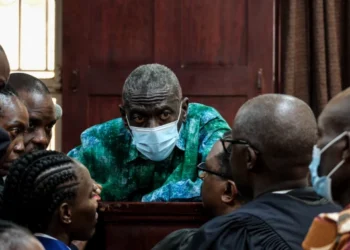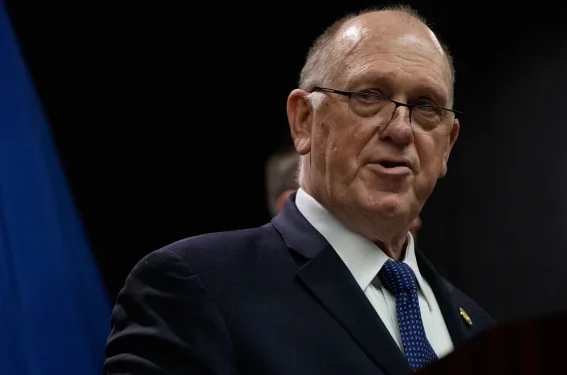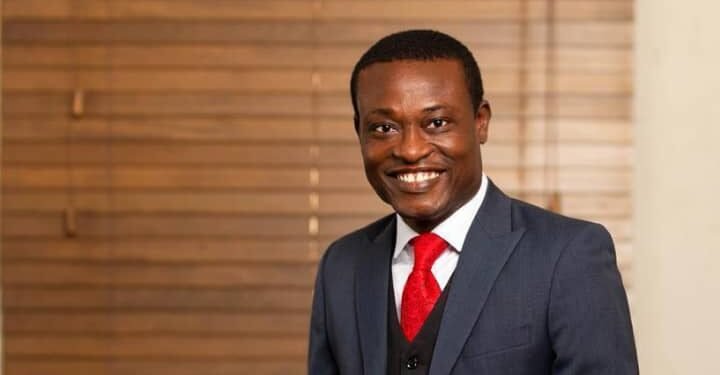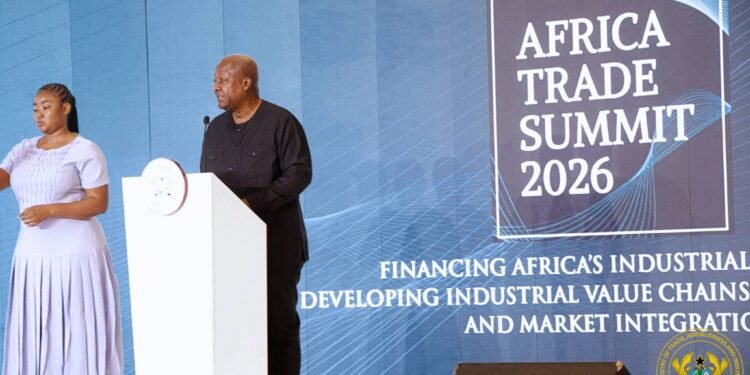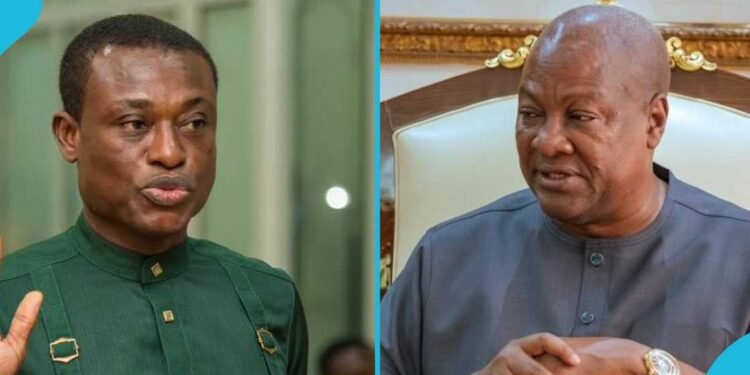Thousands of protesters flooded the streets of the Central African Republic (CAR) on Friday, voicing strong opposition to President Faustin Archange Touadéra’s plans to seek a third term in office with the backing of Russian-led Wagner mercenaries.
The demonstration, spearheaded by opposition parties, underscored growing dissatisfaction with Touadéra’s leadership and the controversial role of Wagner forces in the country’s governance.
“We’re here to say no to a third term for Faustin Archange Touadéra. But more than that, we want to protect our sovereignty, which Touadéra and the Wagner have trampled upon.”
Justin Winè
The CAR is one of the earliest nations where Wagner mercenaries established operations, originally under the premise of combating rebel groups and restoring stability.
Over time, their influence expanded, with Wagner forces acting as personal security for Touadéra and playing a key role in securing a constitutional referendum in July 2023 that effectively granted him the possibility of indefinite rule.
Protesters, however, argue that Wagner’s presence has compromised national sovereignty rather than strengthening it.
Justin Winè’s sentiments were echoed by many demonstrators who decried the mercenary group’s unchecked power.
“The Wagner have raped and killed without any justice. This is not normal. To put an end to their reign, Touadéra must go.”
Demonstrators
CAR has remained mired in conflict since 2013, when a predominantly Muslim rebel coalition seized power, ousting then-President François Bozizé.
Wagner’s Influence and Resource Control in CAR
Since it arrived in CAR in 2018, Wagner has entrenched itself in the nation’s political and economic fabric. Initially deployed to support Touadéra’s government against rebel factions, the Russian paramilitary group has since expanded its operations into gold and diamond mining through companies such as Midas Ressources and Diamville.
Wagner has also ventured into timber logging, reportedly displacing entire villages to facilitate lucrative exports that could yield up to $890 million on the international market. Many analysts believe these operations help Moscow cushion the effects of Western sanctions imposed after Russia’s invasion of Ukraine.
Estimates suggest that Wagner maintains around 1,000 fighters in CAR. However, their presence has been marred by reports of severe human rights violations.

UN bodies and non-governmental organizations have accused Wagner forces of committing “summary executions, torture, enforced disappearances, and sexual violence.” Between 2020 and 2022, Wagner mercenaries were reportedly responsible for nearly 40% of political violence incidents in CAR, with civilians frequently targeted in counter-offensive operations against rebel groups.
Beyond its military role, Wagner has sought to cement its influence through cultural and political maneuvers. The mercenary group has engaged in local mediation efforts, community outreach programs, and media propaganda campaigns designed to bolster pro-Russian sentiment. These activities are viewed as part of Moscow’s broader geopolitical strategy to extend its influence across Africa amid ongoing tensions with the West.
Despite its strong foothold in CAR, Wagner’s future in the region remains uncertain following the death of its founder, Yevgeny Prigozhin. Internal instability within the organization has fueled speculation about a potential withdrawal or redeployment of Wagner forces.
However, given their entrenched economic interests and strategic importance, many observers believe the group will continue to play a pivotal role in CAR’s political and security landscape.
Opposition spokesman Martin Ziguélé commended the country’s youth for their participation in Friday’s protests, emphasizing that their stance was a defense of constitutional democracy. With Wagner’s deep involvement in the nation’s affairs, opposition leaders warn that Touadéra’s third-term ambitions are not merely a domestic issue but a reflection of foreign influence eroding CAR’s sovereignty.






